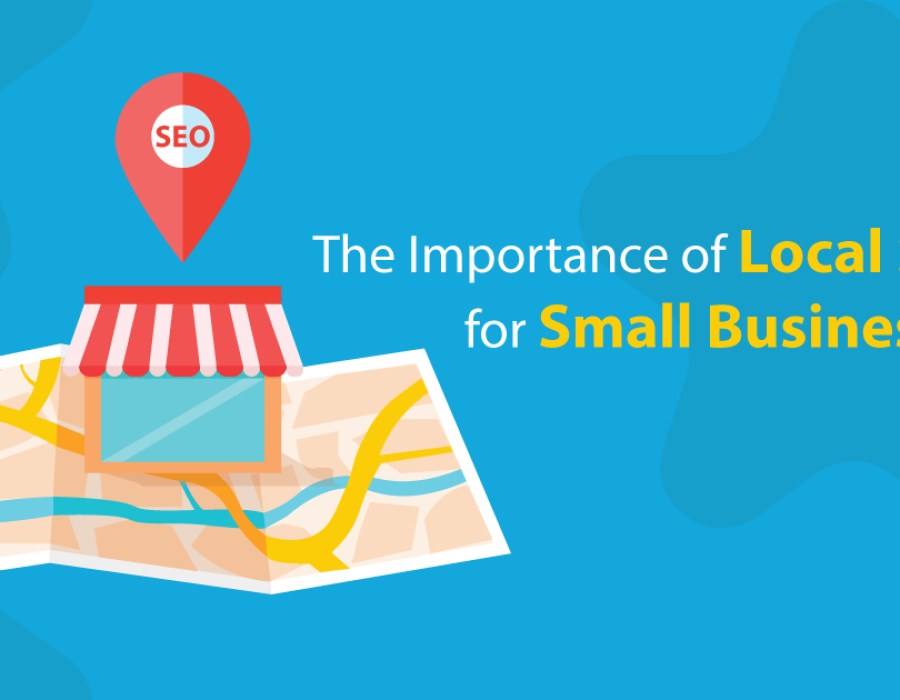In today's digital landscape, small businesses must harness the power of local search engine optimization (SEO) to enhance their online visibility and attract nearby customers. Implementing effective local SEO for small business strategies can significantly improve search engine rankings, driving more organic traffic to your website.
What Is Local SEO?
Local SEO is a specialized branch of search engine optimization focused on optimizing a website to rank higher in local search results. It involves various tactics aimed at improving a business's online presence within a specific geographic area. For small businesses, local SEO is crucial as it helps them appear in search results when potential customers are looking for products or services nearby.
Why Local SEO Matters for Small Businesses
For small businesses, local SEO is essential because it:
- Enhances online visibility in local search results.
- Attracts nearby customers actively searching for your products or services.
- Improves the chances of appearing in Google's Local Pack, which displays top local businesses.
- Builds trust and credibility within the local community.
- Increases foot traffic to physical store locations.
Key Local Search Ranking Factors
To optimize your small business for local search, consider the following ranking factors:
1. Google Business Profile Optimization
Claiming and optimizing your Google Business Profile is one of the most effective ways to improve local search rankings. Ensure that your business name, address, phone number (NAP), website URL, business hours, and categories are accurate and consistent across all online platforms. Regularly update your profile with new photos, posts, and respond to customer reviews to enhance engagement.
2. Consistent NAP Information
Consistency in your business's NAP information across the web is vital. Inconsistent details can confuse search engines and potential customers, leading to lower rankings. Ensure that your NAP is consistent on your website, social media profiles, online directories, and review sites.
3. Online Reviews and Reputation Management
Customer reviews play a significant role in local SEO. Positive reviews not only build trust with potential customers but also signal to search engines that your business is reputable. Encourage satisfied customers to leave reviews on platforms like Google, Yelp, and Facebook. Responding to reviews, both positive and negative, demonstrates excellent customer service and can improve your online reputation.
4. Local Citations
Local citations are mentions of your business on other websites, typically in online directories. These citations help search engines verify your business's existence and relevance. Ensure that your business is listed in reputable local directories with consistent NAP information. Focus on quality over quantity when building citations.
5. Mobile-Friendly Website
With the increasing use of smartphones, having a mobile-friendly website is crucial. Google prioritizes mobile-friendly sites in its rankings, especially for local searches. Ensure that your website is responsive, loads quickly, and provides a seamless user experience across all devices.
6. Localized Content
Creating content that speaks to your local audience can improve your local search rankings. Incorporate local keywords, community events, and local news into your blog posts, service pages, and other website content. This not only helps with SEO but also connects your business with the local community.
7. Structured Data Markup
Implementing structured data markup (Schema.org) on your website helps search engines understand your business information better. This can enhance your visibility in search results by displaying additional information like reviews, business hours, and location on the search engine results page (SERP).
8. Quality Backlinks
Backlinks from reputable and relevant websites can boost your website's authority and improve local search rankings. Engage in local partnerships, sponsor community events, and collaborate with local influencers to earn quality backlinks.
9. Website Performance
A fast-loading website provides a better user experience and is favored by search engines. Optimize your website's images, leverage browser caching, and minimize JavaScript to improve loading times. Tools like Google PageSpeed Insights can help identify areas for improvement.
10. Social Media Engagement
Active engagement on social media platforms can indirectly influence local SEO. Sharing local content, interacting with followers, and promoting local events can increase brand awareness and drive traffic to your website.
Implementing Local SEO for Small Business
To effectively implement local SEO, follow these steps:
- Claim and Optimize Your Google Business Profile: Ensure all information is accurate and complete.
- Maintain Consistent NAP Information: Regularly check and update your business details across all platforms.
- Encourage Customer Reviews: Ask satisfied customers to leave positive reviews and respond to them promptly.
- Build Local Citations: List your business in reputable local directories.
- Optimize Your Website for Mobile: Ensure your site is responsive and user-friendly on all devices.
- Create Localized Content: Develop content that resonates with your local audience.
- Implement Structured Data Markup: Use Schema.org to provide additional business information to search engines.
- Earn Quality Backlinks: Engage in local partnerships and collaborations to gain reputable backlinks.
- Monitor Website Performance: Regularly check and improve your website's loading speed.
- Engage on Social Media: Maintain an active presence on social platforms to connect with your community.





Comments